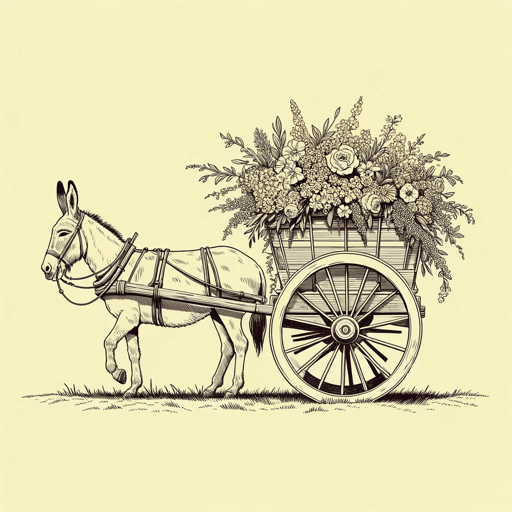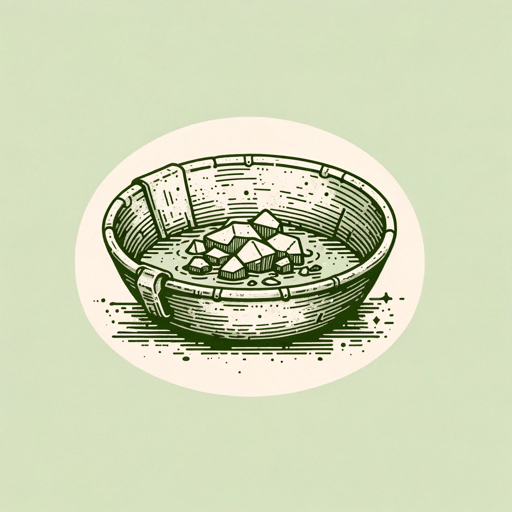34 pages • 1 hour read
Bret HarteThe Outcasts of Poker Flat
Fiction | Short Story | Adult | Published in 1869A modern alternative to SparkNotes and CliffsNotes, SuperSummary offers high-quality Study Guides with detailed chapter summaries and analysis of major themes, characters, and more.
Literary Devices
Irony
The story immediately opens with the situational irony of a “secret committee” attempting “to rid the town of all improper persons” (Paragraph 3). “Virtuous” attempts are made to enforce punishments “quite as lawless and ungovernable as any of the acts that had provoked it” (Paragraph 3). This initial description of Poker Flat’s hypocrisy creates a situationally ironic conflict for its townspeople. Despite the town’s name suggesting it as a gambling haven, a group of vigilantes—themselves gamblers—decide to banish Oakhurst for his gambling, along with other allegedly “wicked” persons. The irony of a lawless group of individuals employing illicit means to punish those deemed as unvirtuous and “improper” sets the precedent for moral duality in the characters.
Personification
Harte utilizes the concept of fate as not only a power beyond the characters’ control, but a personified force: “He was too much of a gambler not to accept Fate. With him life was at best an uncertain game, and he recognized the usual percentage in favor of the dealer” (Paragraph 5). The capitalization of “Fate” and its descriptor as a “dealer” give it human qualities. This personified imagery of fate as a dealer giving cards to a player embodies how Oakhurst views everything that happens to him.
Related Titles
By Bret Harte



